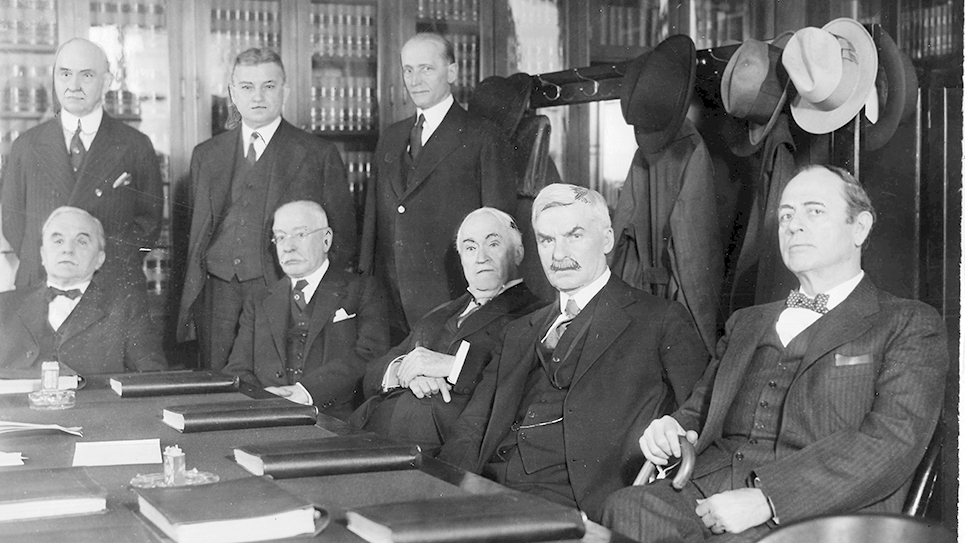By Sharon Frankenberg,
Attorney at Law
According thefreedictionary.com, a “whistleblower is one who reveals wrongdoing within an organization to the public or to those in positions of authority.” Insider access and knowledge from employees have been essential tools in uncovering wrongdoing by both private organizations as well as by government. Whistleblowers are often witnesses in court when wrongdoers are prosecuted criminally and/or civilly. Protecting the providers of this insider information has been an important development in the law over recent years. Retaliation against employees who blow the whistle on wrongdoing is illegal under multiple federal laws and many state laws as well. Firing, harassment and discrimination are considered retaliation against whistleblowers.
Under the common law, state courts have protected employees from being discharged in a manner that violates a clear public policy. Employees are protected when they attempt to exercise statutory or constitutional rights, refuse to perform illegal activities, or report illegal conduct. In addition to protections under the common (or “court-made”) law, Congress and the various state legislatures have included whistleblower protections in most statutes to promote their enforcement.
Employee protection or whistleblower provisions of these numerous statutes are administered to some degree by virtually all state and federal agencies. For example, one federal agency, the Occupational Safety and Health Administration (OSHA), enforces some seventeen statutes ranging from the Asbestos Hazard Emergency Act and the Clean Air Act to the National Transit Systems Security Act. OSHA protects employees engaged in initiating a proceeding for the enforcement of employee protection from discharge or discrimination; testifying in any such proceeding; assisting or participating in any such proceeding to in any other action to carry out the purposes of these statutes; or complaining about a violation.
Tennessee has passed the Tennessee Medicaid False Claims Act which allows whistleblowers to bring suit in the name of the State of Tennessee where a wrongdoer engages in conduct that defrauds the state or local government of its healthcare dollars. This statute is designed to address Medicaid fraud. Like some other statutes, this statute provides for a monetary reward if the whistleblower successfully assists in recovering money from the wrongdoers. This amount is often a percentage of the amount recovered but the percentage varies depending upon how much assistance was provided by the whistleblower and which section of the statute was being pursued. Attorney’s fees may also be recovered by the whistleblower so the advice and assistance of counsel should always be obtained.
A recent successful case involved a former University of California-Irvine (UCI) professor and anesthesiologist, Dr. Dennis O’Connor who reported violation of federal regulations in the administration of anesthesia at UCI without the supervision of an anesthesiologist. UCI submitted claims for payment by the Medicare program and the federal portion of the Medicaid program in a manner inconsistent with the federal payment and documentation requirements. After an investigation by the United States Department of Justice and the cooperation of Dr. O’Connor, the California Board of Regents agreed to pay the United States $1.2 million. Dr. O’Connor received $120,000 out of the recovery.
Obviously, this article does not cover every issue which might arise. Contact an attorney to get individual advice and assistance with your unique situation.






